A consortium of Singaporean universities and companies will study the feasibility of integrating a hybrid floating solar project with ocean, tidal, and wind capacity. If successful, the parties plan to deploy a pilot system with at least 100 MW of renewables capacity.
October 28, 2022Beatriz Santos
The Solar Energy Research Institute of Singapore (SERIS), Nanyang Technological University (NTU), and Singapore-based developer Keppel Infrastructure have signed a memorandum of understanding to jointly study the technological and economic feasibility of a hybrid offshore floating solar park paired with ocean, tidal, and wind capacity.
The study will deploy floating solar platforms, integrated with other renewable sources, at an undisclosed offshore testing site in Singapore waters, subject to regulatory approval. If the study is successful, the parties plan to design and deploy a pilot system with at least 100 MW of renewable generating capacity.
“With limited land space in Singapore, moving into waters offshore presents opportunities to unlock the potential for more diversified renewable energy sources, thereby enhancing energy security and supporting Singapore’s transition to a greener energy mix,” said Cindy Lim, CEO of Keppel Infrastructure.
Keppel will study how to develop and operate the park, while the two universities will look at how to overcome the challenges presented by high winds and the impact of waves on the mooring and anchoring system. They will also study the effects of salinity on corrosion and biofouling issues.
National University of Singapore (NUS), which houses SERIS, will provide expertise in design and components selection, as well as the implementation and operation of the floating solar platforms. NTU will create tidal models of tidal flow conditions to assess the power density of the turbines and paddles.
“As one of the leading research institutes on floating solar worldwide, SERIS is very excited to provide its expertise to this novel approach of integrating floating solar with other renewable energy solutions,” said Thomas Reindl, deputy CEO of SERIS. “If successful, the proposed hybrid technology would also have great export potential.”
This content is protected by copyright and may not be reused. If you want to cooperate with us and would like to reuse some of our content, please contact: editors@pv-magazine.com.

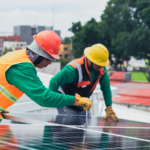

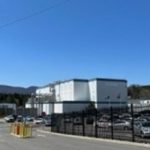
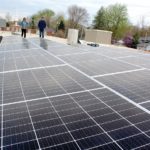
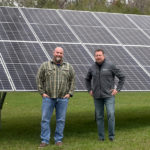
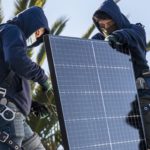
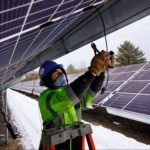
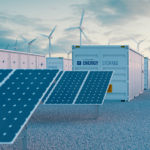
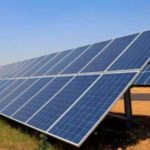

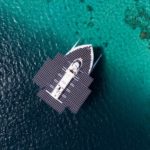



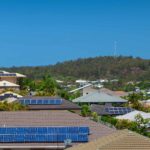
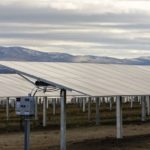




Recent Comments